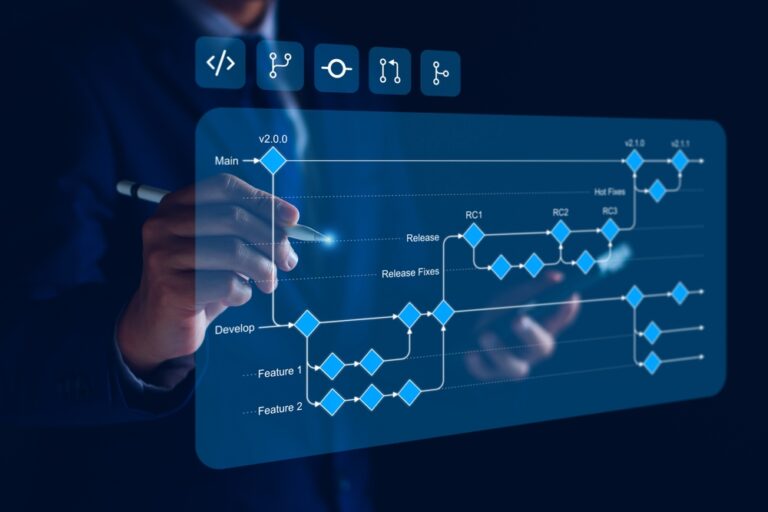Process Intelligence Automation is a subset of a larger technological shift known as Automation as a whole. From driverless cars to self-driving drones, automation is helping to make seemingly futuristic technologies available today by developing and deploying new forms of intelligence. Whether it’s automated tasks across an enterprise or customer communications in the form of desktop assistants, automation is changing the way we live and work. Organizations must orchestrate their complex operations through automated processes in order to deliver services based on this automation.
What is the primary goal of Intelligent Process Automation?
Intelligent Process Automation (IPA) refers to a set of technologies that are used to manage, automate, and integrate digital processes. Digital Process Automation (DPA), Robotic Process Automation (RPA), and Artificial Intelligence are the primary technologies that comprise IPA (AI). DPA refers to an agile set of intelligent process automation technologies that have evolved from their BPM roots. It allows you to manage the flow of data throughout your organization, making it easier to identify areas for improvement and implement agile changes.
RPA, on the other hand, brings speed and efficiency to the table. The use of robots that mimic human actions aids in the reduction of highly manual, labor-intensive tasks such as re-keying data from one system to another.
AI then adds tremendous intelligence and decision-making power to the mix. This adds another level of thought to automation because AI can analyze data in ways that humans cannot, recognizing patterns in data and learning from previous decisions to make increasingly intelligent decisions.
Benefits of Intelligent Process Automation
Human and robot orchestration – Rather than simply deploying technologies like RPA in silos and relying on them to complete individual tasks, Intelligent Process Automation can aid in the coordination of work between robots, humans, and systems.
● Employees can be released from labor-intensive tasks – By RPA and assigned to work in more efficient areas. You can be confident that the right decision is being made by combining DPA and AI.
● Ensure proper governance and risk minimization – You can reduce the risk of errors such as incorrect data entry by automating end-to-end processes.
● Visibility of processes and the customer journey from start to finish – When individual automation technologies are deployed, it can be difficult to see the overall impact.
● Agility and speed of process change – IPA not only speeds up end-to-end processing but also makes it simple to make agile changes to processes and the technologies that support them.
Challenges of Intelligent Process Automation
Some of the most common obstacles to implementing IPA in business include:
● Scarce skilled labor to implement IPA.
● Staff retraining and reskilling to use IPA technology is difficult.
● IPA technology integration with legacy software solutions.
● Human workers’ opposition to rightsizing and layoffs
● Lack of cybersecurity in dealing with hacker threats.
● Technological advancements enable ongoing innovation, particularly new design patterns.
● Improve your machine learning abilities to aid predictive and prescriptive analytics. This can significantly alter complex actions or processes and improve decision-making.
How Do AI and RPA Interact?
There are many similarities between artificial intelligence (AI) and robotic process automation (RPA). They’re both becoming more popular, with enterprise installations increasing year after year. They both promise to transform businesses pursuing digital transformation. And, until now, they have both been relegated to organizational silos, requiring highly skilled – but scarce – practitioners to successfully deploy them. When AI and RPA technologies are combined, they produce intelligent automation that enables rapid end-to-end business processes and much more.
Conclusion
With ever-increasing competition in mind, the demand for advanced work automation tools has increased and is expected to multiply in the coming years. They are moving beyond the traditional boundaries of business process management. Intelligent process automation software is intended to help processes do more than just managing operations. Starting with identifying and removing performance bottlenecks. Smart process automation software employs advanced analytics. This aids in analyzing overall performance, understanding ever-changing market dynamics, and developing appropriate strategies. In response to the ever-changing needs of tech-savvy customers.




